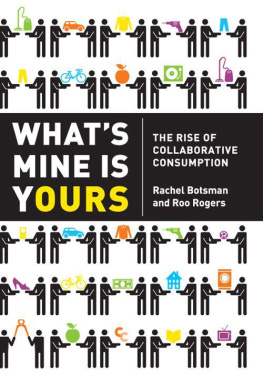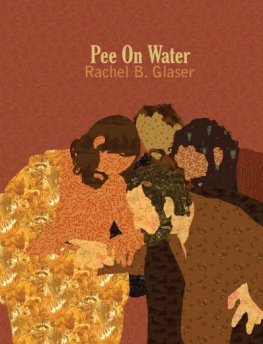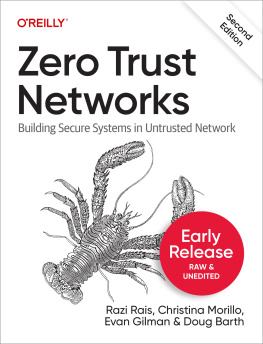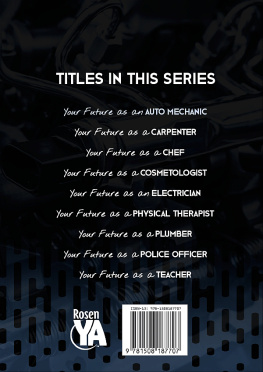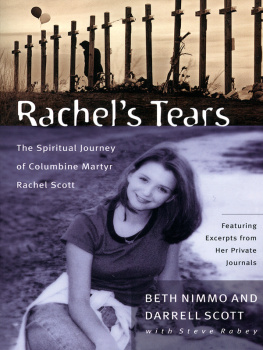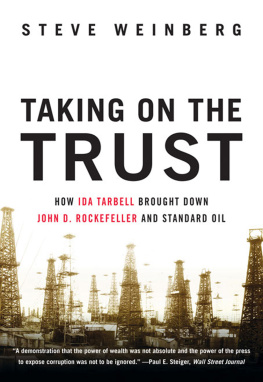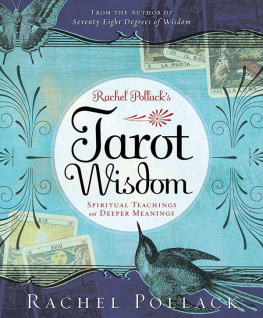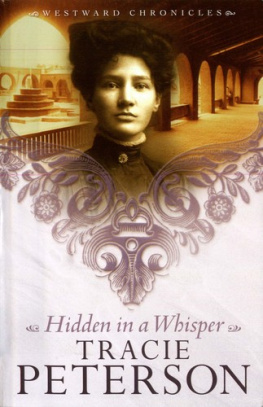Rachel Botsman - Who Can You Trust?: How Technology Brought Us Together and Why It Might Drive Us Apart
Here you can read online Rachel Botsman - Who Can You Trust?: How Technology Brought Us Together and Why It Might Drive Us Apart full text of the book (entire story) in english for free. Download pdf and epub, get meaning, cover and reviews about this ebook. year: 2017, publisher: PublicAffairs, genre: Politics. Description of the work, (preface) as well as reviews are available. Best literature library LitArk.com created for fans of good reading and offers a wide selection of genres:
Romance novel
Science fiction
Adventure
Detective
Science
History
Home and family
Prose
Art
Politics
Computer
Non-fiction
Religion
Business
Children
Humor
Choose a favorite category and find really read worthwhile books. Enjoy immersion in the world of imagination, feel the emotions of the characters or learn something new for yourself, make an fascinating discovery.

- Book:Who Can You Trust?: How Technology Brought Us Together and Why It Might Drive Us Apart
- Author:
- Publisher:PublicAffairs
- Genre:
- Year:2017
- Rating:5 / 5
- Favourites:Add to favourites
- Your mark:
- 100
- 1
- 2
- 3
- 4
- 5
Who Can You Trust?: How Technology Brought Us Together and Why It Might Drive Us Apart: summary, description and annotation
We offer to read an annotation, description, summary or preface (depends on what the author of the book "Who Can You Trust?: How Technology Brought Us Together and Why It Might Drive Us Apart" wrote himself). If you haven't found the necessary information about the book — write in the comments, we will try to find it.
Rachel Botsman: author's other books
Who wrote Who Can You Trust?: How Technology Brought Us Together and Why It Might Drive Us Apart? Find out the surname, the name of the author of the book and a list of all author's works by series.
Who Can You Trust?: How Technology Brought Us Together and Why It Might Drive Us Apart — read online for free the complete book (whole text) full work
Below is the text of the book, divided by pages. System saving the place of the last page read, allows you to conveniently read the book "Who Can You Trust?: How Technology Brought Us Together and Why It Might Drive Us Apart" online for free, without having to search again every time where you left off. Put a bookmark, and you can go to the page where you finished reading at any time.
Font size:
Interval:
Bookmark:
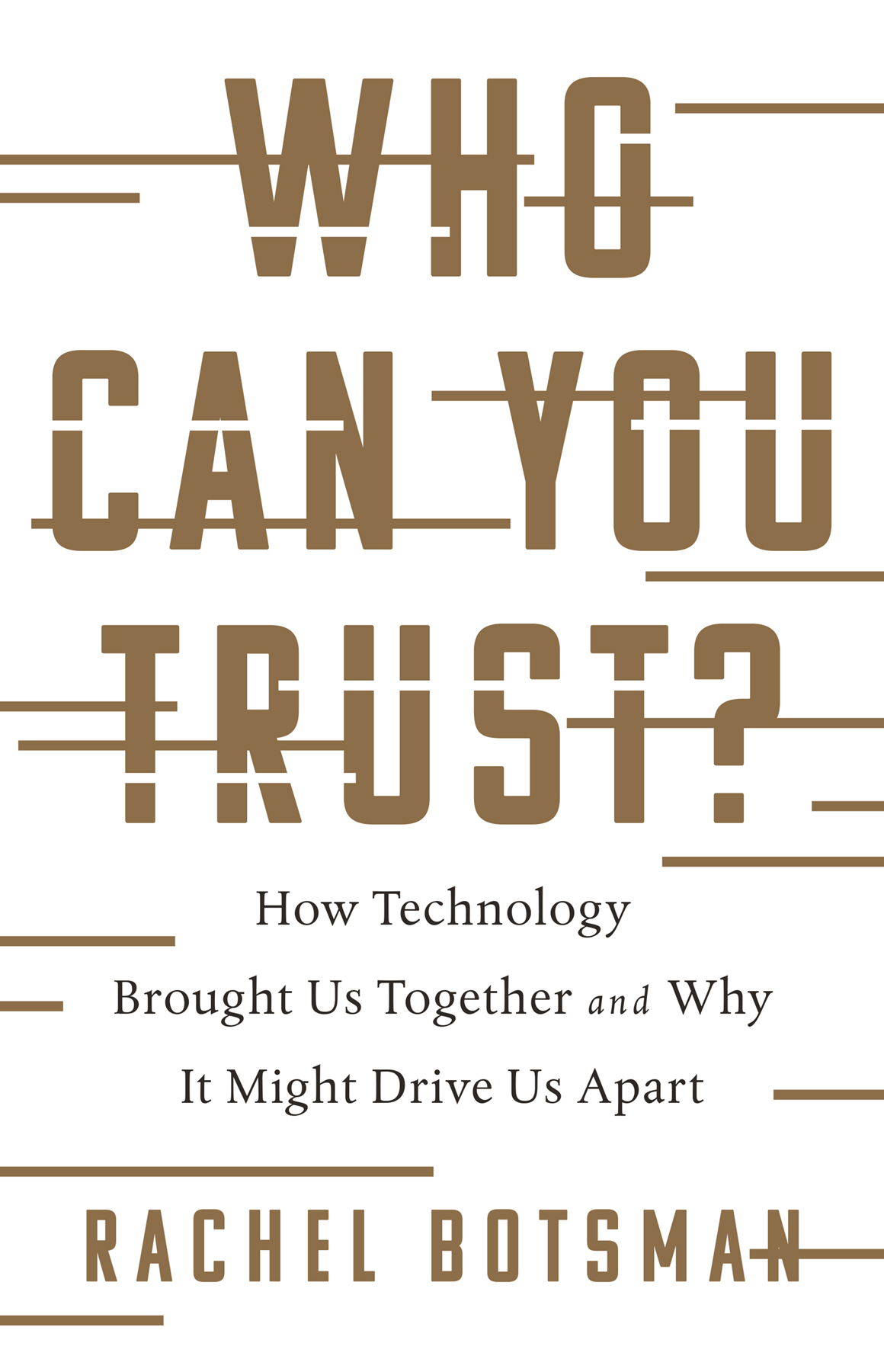
Copyright 2017 by Rachel Botsman
Hachette Book Group supports the right to free expression and the value of copyright. The purpose of copyright is to encourage writers and artists to produce the creative works that enrich our culture.
The scanning, uploading, and distribution of this book without permission is a theft of the authors intellectual property. If you would like permission to use material from the book (other than for review purposes), please contact permissions@hbgusa.com. Thank you for your support of the authors rights.
PublicAffairs
Hachette Book Group
1290 Avenue of the Americas, New York, NY 10104
www.publicaffairsbooks.com
@Public_Affairs
Originally published in hardcover and ebook by Portfolio Penguin in October 2017
First Edition: November 2017
Published by PublicAffairs, an imprint of Perseus Books, LLC, a subsidiary of Hachette Book Group, Inc.
The Hachette Speakers Bureau provides a wide range of authors for speaking events. To find out more, go to www.hachettespeakersbureau.com or call (866) 376-6591.
The publisher is not responsible for websites (or their content) that are not owned by the publisher.
Illustrations by Team (www.team.design)
Library of Congress Control Number: 2017949042
ISBNs: 978-1-5417-7367-7 (hardcover), 978-1-5417-7368-4 (ebook)
E3-20171012-JV-PC
In this extremely thought-provoking new book, Rachel Botsman educates and entertains as she reveals with expertise how our lives are already changing more than we know. A must-read for anyone interested in how the world worksand will work in the future Will Dean, MBE, CEO, Tough Mudder
Not only is the thesis completely compelling. It demonstrates, through a sequence of real-world case studies of projects, businesses and platforms, that the distributed trust model offers enormous promise if used wiselyas well as enormous pitfalls if used unwisely. For good and sometimes ill, it has the potential to reshape everything we do, from our choice of babysitter to our choice of money. These are important messages from what is an important book Andy Haldane, Chief Economist, Bank of England
A fascinating and well-researched study. Every reader will gain new insights into one of the great issues of our time: the shifting tides of trust Geoff Mulgan, CBE, Chief Executive of the National Endowment for Science Technology and the Arts (Nesta)
Profound insights about how the digital age changes trust, wrapped in a compelling narrative of captivating and revealing stories. A rare book that will cause you to think deeply about your business, your relationships and your life Don Tapscott, bestselling author of Wikinomics and Blockchain Revolution
This book perfectly walks the reader through the past, present and future of trust as we know it. Rachels expertise on this topic is unmatched. Its an absolute must-read for business leaders and everyday consumers alike Nick Shapiro, Global Head of Trust and Risk Management, Airbnb
This is that admirable and all-too-rare book that gives you an idea to think with that helps to put new things in place. Who Can You Trust? is a primer for a new world that sets you up to be a better citizen, consumer and parent. I quickly learned so much about so many things I wanted to know Professor Sherry Turkle, author of Reclaiming Conversation and Alone Together
In memory of Pamela Hartigan, my friend and mentor.
A confident relationship with the unknown.
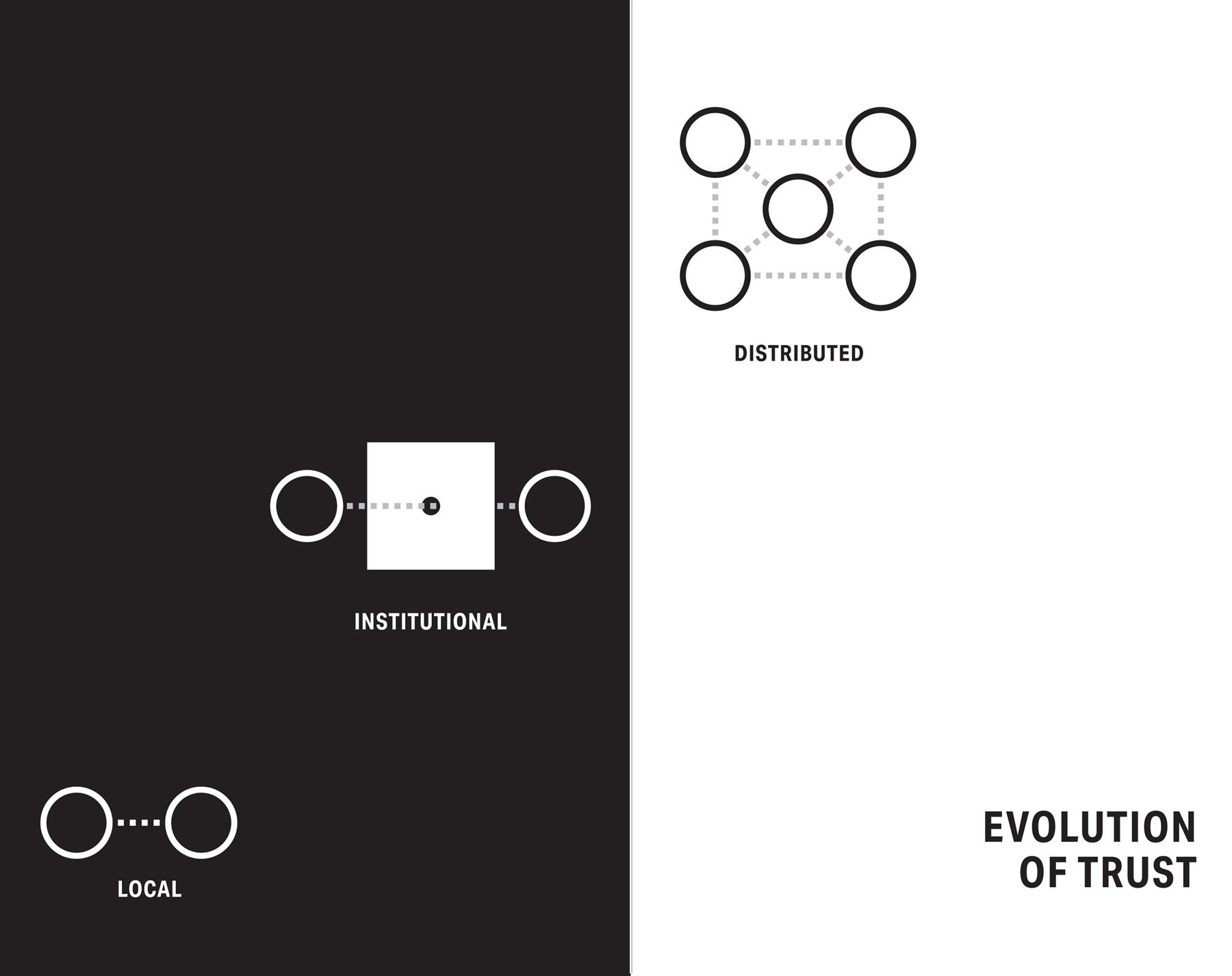
Abandon weapons first, then food. But never abandon trust. People cannot get on without trust. Trust is more important than life.
Confucius to his disciple Tzu-Kung
I was getting married on the day the hammer fell on Wall Street. The date was 14 September 2008. I had been living in New York for almost a decade and had met my then fianc, Chris, in a downtown dive bar called Eight Mile Creek. We were both city people but we wanted to have our wedding in a rural, rustic setting. The place we finally chose was called Gedney Farm, nestled in the charming old Berkshire village of New Marlborough, Massachusetts.
So, you want to get married in a horse barn? my father said when I showed him the venue, a Normandy-style red barn surrounded by lush meadows and abundant orchards. Getting into the spirit of things after that, he decided we should arrive at the venue in an old-fashioned horse and carriage. I went along with his Cinderella fantasy and climbed into an open-topped white carriage, complete with a driver and a footman, drawn by an old grey mare. The horse, on its last legs, was slow. It rained. I was late.
Around eighty guests, our closest family and friends from all over the world, joined us for the occasion. Lit by candles and strings of Edison bulbs, the ceremony was traditional and very beautiful. The best mans speech was funny and the food was delicious, despite my finding a grasshopper about the size of my little finger in the green salad.
So there I was, at the heart of one ancient institutionmarriagebuilt on trust and life-long commitment, while anotherWall Streetwas imploding. Lost in the bubble of the celebrations, I in an attempt to avert a financial crisis. Washington Mutual, Wachovia and HBOS in the United Kingdom were within a whisker of collapsing. The fate of another giant, American International Group (AIG), the vanguard of the credit default swap market, teetered in the balance.
A couple of friends who were senior executives at JP Morgan Chase and Goldman Sachs apologized for having to leave, summonsed to red alert emergency meetings. It would be a race against the clock to avoid the blind panic that would surely happen when the markets opened. Several other guests drank nervously and partied hard, not sure if they would be carrying their work belongings out in boxes the following day. We danced the Horah, a traditional Jewish wedding ritual, which ended with me being elevated on a chair and my husband being thrown precariously up in the air on a large white tablecloth. Another moment of trust. Guests whirled around us, clapped and made Oy! Oy! Oy! noises. Meanwhile, outside the barn, the biggest global financial crisis in history was building up a head of steam.
It was, of course, the beginning of the nerve-shattering period when many businesses fell off a cliff and the worlds financial system came closer to collapse than at any time since the Great Depression. As we now know, the economic repercussions of the meltdown would engulf the world for many years to come. But my wedding day, rich with tradition, also marked the downfall of something more profound: public trust in institutions.
Who was to blame for the crisis? What were the main causes? These questions were at the heart of the Financial Crisis Inquiry Commission (FCIC) created to investigate the banking collapse, and the answer was damning. The crisis was the result of human action and inaction, not of Mother Nature or computer models gone haywire, the 525-page report found. To paraphrase Shakespeare, the fault lies not in the stars, but in us. In other words, the meltdown was an avoidable human disaster.
The federal inquiry hammered the embarrassing failures of regulators, whom the report described as sentries not at their posts. The finger was pointed squarely at the Federal Reserve for its failure to question widespread, egregious mortgage lending, overreliance on short-term debt and the excessive packaging and reselling of loans, along with many other red flags. According to the report, however, the main culprit was not the toxic financial instruments but the human failings that drove them: reckless risk-taking, greed, incompetence, stupidity and a systemic breakdown in accountability and ethics.
Font size:
Interval:
Bookmark:
Similar books «Who Can You Trust?: How Technology Brought Us Together and Why It Might Drive Us Apart»
Look at similar books to Who Can You Trust?: How Technology Brought Us Together and Why It Might Drive Us Apart. We have selected literature similar in name and meaning in the hope of providing readers with more options to find new, interesting, not yet read works.
Discussion, reviews of the book Who Can You Trust?: How Technology Brought Us Together and Why It Might Drive Us Apart and just readers' own opinions. Leave your comments, write what you think about the work, its meaning or the main characters. Specify what exactly you liked and what you didn't like, and why you think so.

